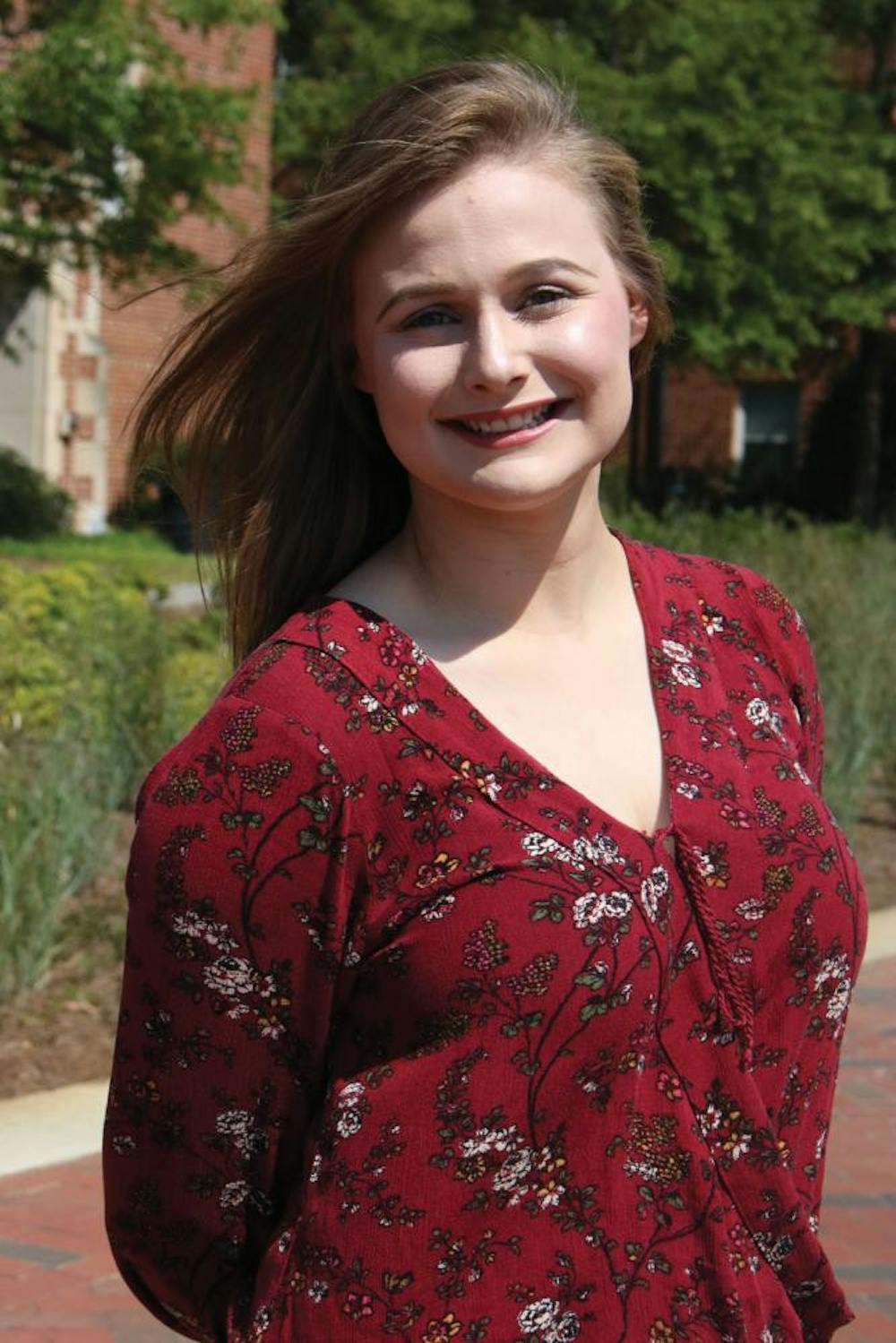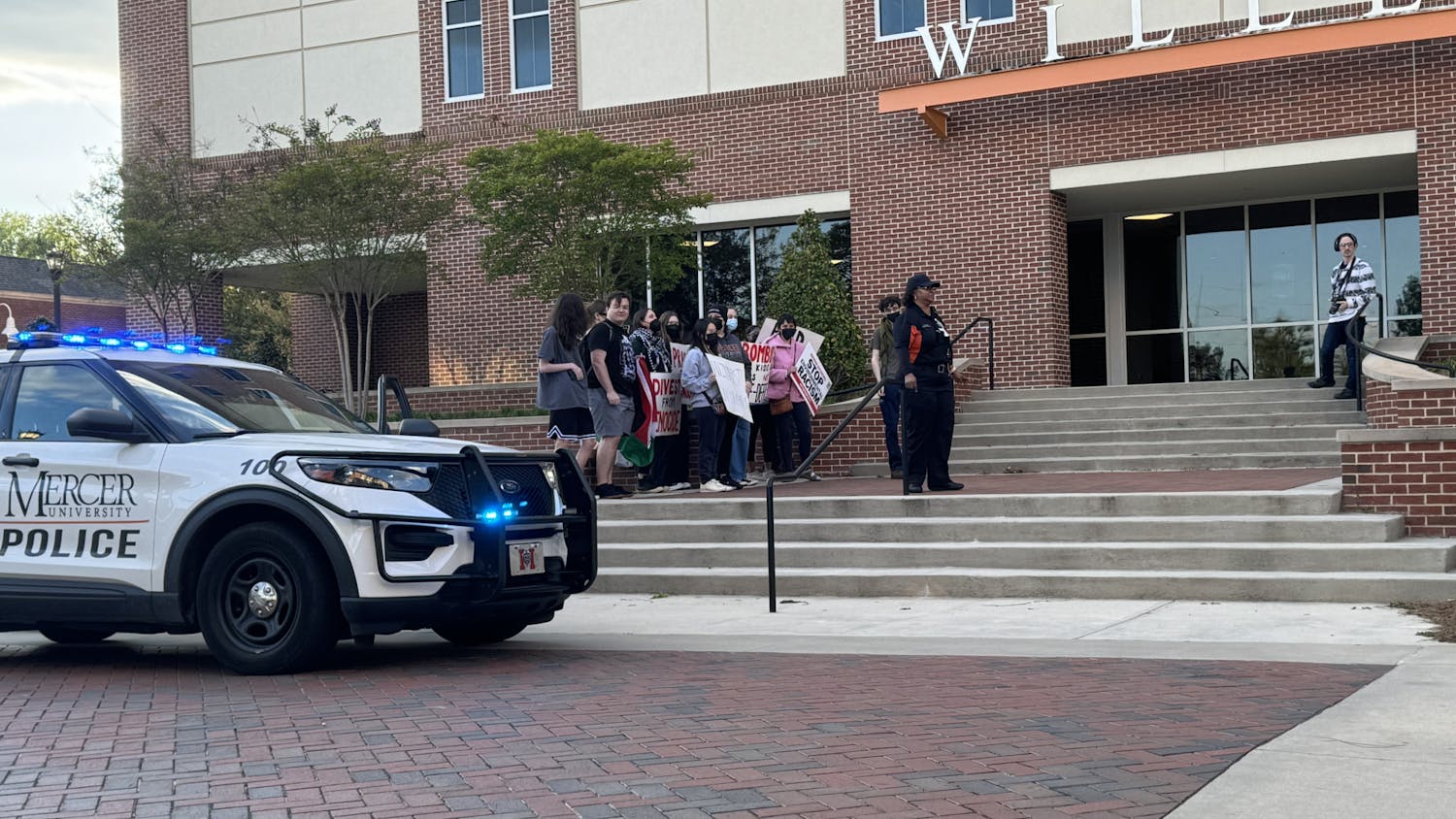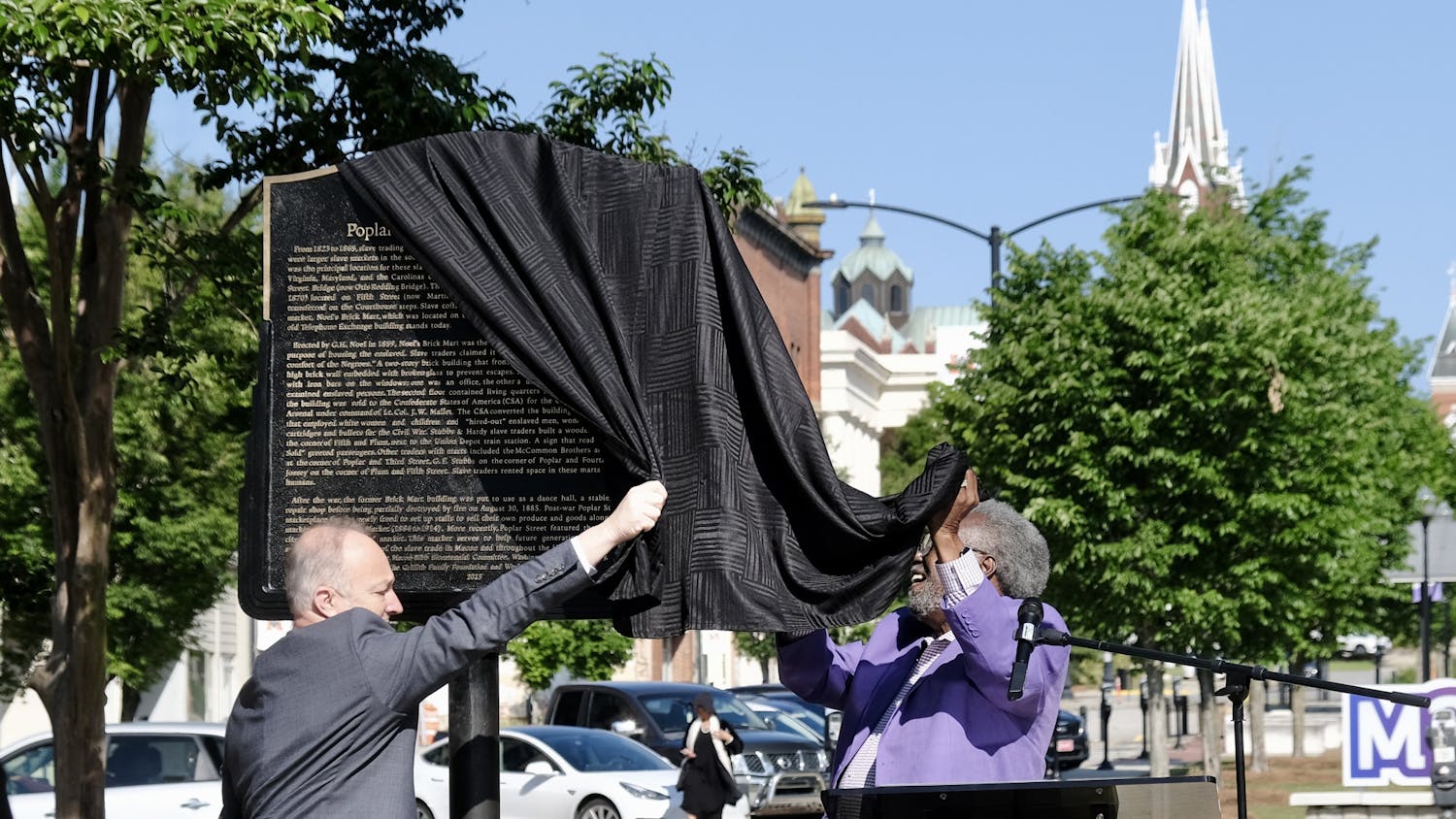Instead of going back to classes this January, senior Kaitlyn Koontz will travel to Ethiopia as part of the Peace Corps.
Koontz is a global health major with a minor in international affairs. She’s long been interested in nutrition and started researching Macon food deserts last year, in addition to interning at a Macon food bank over the summer.
When one of her older sorority sisters was accepted into the Peace Corps in Cambodia, Koontz looked more into the program.
“I was really interested in that,” Koontz said. “After she got accepted, I did more research on what the process was like.”
Koontz also said a Mercer on Mission trip to South Africa gave her a love for international travel and service. It also sparked an interest in the problems of the region.
[related title="Related Stories" stories="21443,21061,21530" align="right" background="off" border="none" shadow="on"]
“The issues that plague Africa interest me,” Koontz said. “Especially ones that focus on nutrition and undernutrition of children.”
Koontz began her application in May. She found a Peace Corps mission that involved food nutrition and personal hygiene.
“It focused a lot on global health and nutrition, which is my focus,” Koontz said.
After a lengthy application process, she got her acceptance email while she was working at the Academic Resource Center at Mercer over the summer. She said she immediately started crying out of happiness, prompting her supervisor to ask if she was okay. Koontz then called her mom, who also joined in on the crying.
“I’m an emotional person,” she said. “It was really great.”
In January, Koontz will leave to spend two years in Ethiopia, though she does have a few furlough weeks for visits home.
“I think it’ll be a really great experience,” Koontz said. “The two year timeline is much more useful when it comes to volunteer missions than short term trips. You’re able to get to know the community a bit more, and invest in a long term project that can be continued after you leave.”
The program takes place in a farming community, so the Peace Corps will help farmers focus on what they’re growing and how to make it sustainable. Koontz said a big issue is that they focus too heavily on what’s able to be exported, and not what’s going to sustain their community.
“In Ethiopia, they grow coffee, which is great, and it’s a big part of their exports,” Koontz said. “But you can’t really eat coffee to sustain yourself.”
The Peace Corps want to focus on diversifying the types of crops grown there.
She’ll also work with the WASH program (Water, Sanitation, and Hygiene) which is designed to educate people on water sanitation, how to get clean water, and other sanitary practices.
“I’m really looking forward to meeting people from a different community,” Koontz said.
She said she’s excited to learn more about their language, culture and perspectives.
In her global health classes, Koontz said she was taught that in order to make a change in a community, volunteers need to interact with community leaders and figure out how to move forward together.
“I’m really excited to see that process in action and to be a part of that action,” she said.
This fall will be Koontz’s final semester. Over her undergraduate experience at Mercer, she’s been involved as a peer advisor, Great Books preceptor, president of Model Arab League and a member of Greek life.
She said she’s very grateful to her professors for their encouragement and assistance throughout the application process.
Mercer senior to serve in Ethiopia Peace Corps

Willie F1 rapping at Battle of the Bands.




